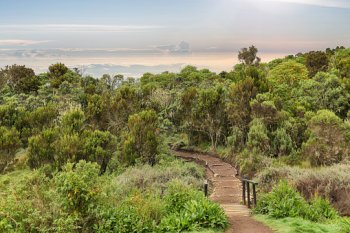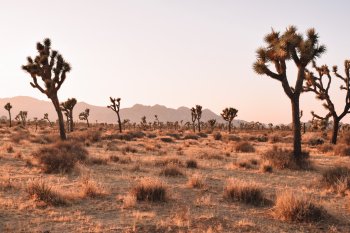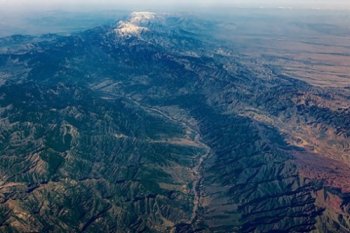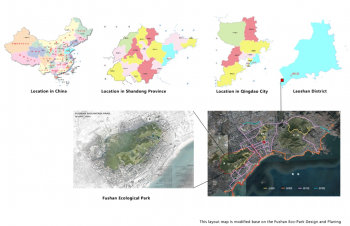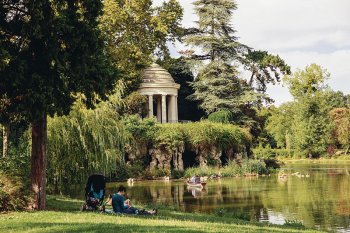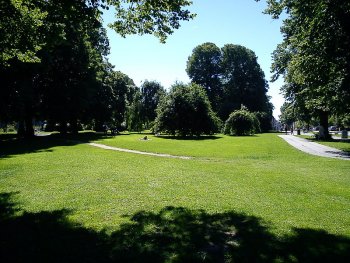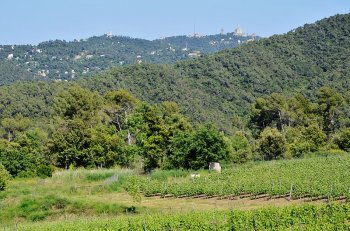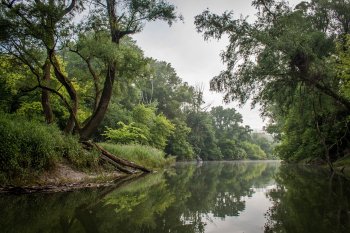Blue Reef Project: Rebuilding of Marine Cavernous Boulder Reefs in Kattegat
Restore the stone reef on Læsø Trindel (part of the Læsø Trindel and Tønnesberg Banke Natura 2000 site). Restore and stabilise the structure and function of cavernous boulder reefs; boost awareness among managers, planners and the general public about marine nature restoration, protection and management.


